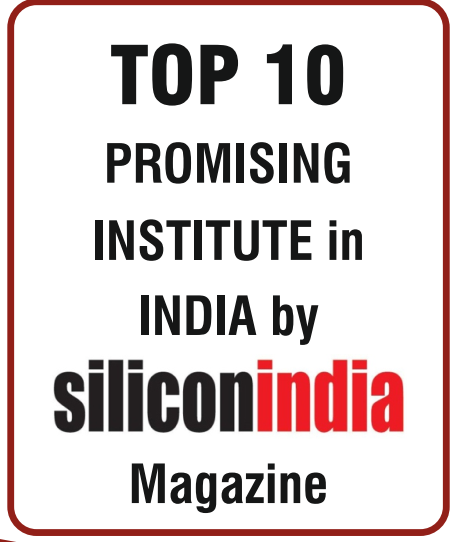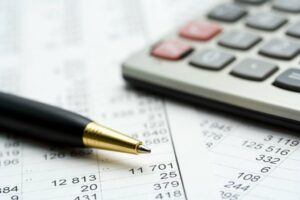
These expenses often arise from day-to-day business operations but don’t warrant their own dedicated budget line. While they might seem random or unpredictable, understanding and http://www.dorapos.com/2021/11/27/cash-flow-statement-format-indirect-method/ properly categorizing these expenses is essential for accurate financial management and tax reporting. In personal finance, common examples of discretionary spending include vacations, dining out, hobbies, and automobiles. Businesses may have discretionary expenses like advertising, employee training programs, or marketing efforts. Identifying these expenditures is essential for effective budgeting and cost management. Many miscellaneous expenses are tax-deductible, which means businesses can benefit from reducing their taxable income if they are properly documented.
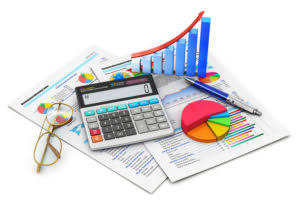
Advertising
- In a personal financial context, miscellaneous expenses can include a variety of small, irregular outlays.
- The platform helps streamline expense management, allowing you to automatically categorize transactions and sync data to your accounting system in real time.
- It is easy to lose track of small expenses like receipts, reimbursements, or unexpected purchases.
- Automation simplifies this process, ensuring accurate records without the hassle.
- Some of them are regular monthly expenses, so they need a budget line every month.
- Yes, miscellaneous expenses are considered part of a company’s operating cost.
Companies show these expenses in the expenses side of the profit and loss account. Given their unpredictable nature, allocating certain portions of the budget for handling miscellaneous costs is important. Therefore, while budgeting, companies must allocate funds to cover all the necessary costs without going overboard or overspending with allocations. Generally, computer purchases do not fall into the miscellaneous category miscellaneous spending examples of expenses, as they’re considered assets and depreciated if they’re above a certain value. Small equipment purchases, like a computer mouse, desk lamp, calculators, and desktop shredders, can be classified as miscellaneous expenses. Unexpected or emergency expenses the business incurs can be classified as miscellaneous expenses.
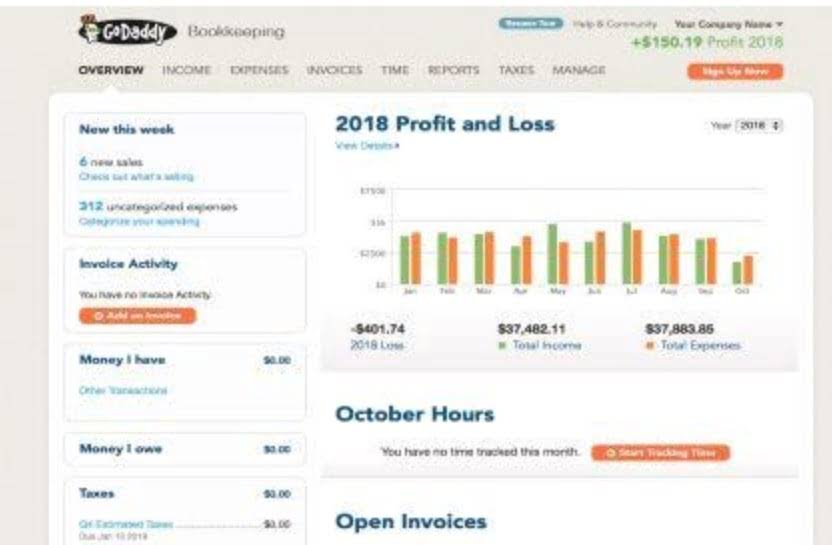
Software subscriptions:
Yes, in some cases miscellaneous expenses are tax deductible if they were for business use. The IRS has specific rules regarding what miscellaneous expenses are tax deductible. Small business owners can use these deductions to reduce the amount of total taxes they have to pay. They can deduct these miscellaneous expenses, meaning the income they’re taxed on will be reduced. This category is given its own aggregated line on an income statement account for clear and concise tax return-filing purposes.
- By staying attuned to these indicators, you can proactively adjust your spending and ensure your financial health remains robust.
- Because they occur regularly, they have their own categories on the income statement.
- Additionally, being unaware of these small costs can make it more difficult to plan for future spending.
- The unplanned expenses are substantial but necessary, so they’d allocate them as miscellaneous expenses since they’re extraordinary and not part of their regular manufacturing costs.
- Miscellaneous expenses are considered business costs, so they are recorded as debits in your accounting journal.
- This will include any medical expenses that you will pay for out of pocket such as medicines, prescriptions, co-payments, deductibles, etc.
What is a Proforma Invoice? A Guide To Create a Proforma Invoice
Though there are standard expenses you expect to incur to support your business, every company will encounter unforeseen expenses that must be properly accounted for. However, it’s important to note that what constitutes a discretionary expense is subjective. For instance, some people might view a daily Starbucks coffee as a luxury, while others consider it a necessary part of their morning routine. In a business context, the importance of advertising may vary depending on the industry and company size.
Other Categories
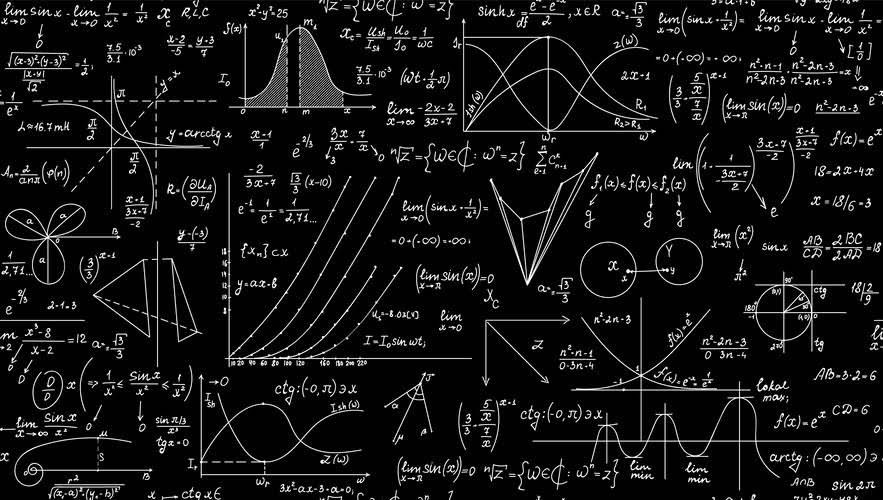
Businesses incur additional costs, known as miscellaneous expenses, that are unrelated to their primary operations. To be more specific, an investment cost would include losses from selling property or shares on the stock market at the wrong time or because the market changed. On the other hand, miscellaneous expenses refer more specifically to day-to-day costs that don’t bring in any money, like grocery bills and travel costs. Accounting for miscellaneous costs can be hard because it often requires sorting out different costs and putting them in the right category.

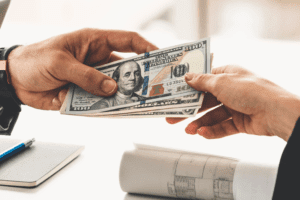
Businesses must pay close attention to how much money is spent on miscellaneous expenses, as it can quickly add up if not managed properly. By carefully tracking and analyzing these costs, businesses can find places to save money and make changes to stay profitable. A wide range of items can be QuickBooks considered miscellaneous expenses, including unplanned costs like repair bills and utility payments or professional services like legal fees. On the other hand, start-up costs are one-time costs like legal fees, accounting services, and permits that must be paid before operations can begin. Start-up costs do not recur every month as miscellaneous expenses do; instead, they are fixed amounts paid at given points throughout the establishment process of a new business. Miscellaneous expenses are small transactions that do not fit within the ledgers’ specified accounts.
The Internal Revenue Service (IRS) generally requires written records for business expenses exceeding $75. While retention periods vary, it is recommended to keep records as long as needed to prove income or deductions on a tax return, often at least three years after filing. Proper record keeping ensures that expenses can be verified for internal review, budgeting, or in the event of an audit. Effectively managing miscellaneous expenses can improve financial transparency and control, helping businesses avoid unnecessary costs and make the most of potential tax deductions. While miscellaneous expenses may vary by industry, they typically include minor purchases and one-off costs that don’t fit neatly into other categories. Whether you are an individual or a business, it’s essential to track your expenses and cut unnecessary costs.
- This way you never get to the end of the month and wonder where all your money went—because you told it exactly where to go.
- Not every business expense fits neatly into traditional categories like payroll, rent, or inventory.
- These smaller, necessary costs, ranging from office supplies to travel incidentals, can quickly add up.
- Regularly tracking these expenses and making adjustments as circumstances change allows businesses and households to maintain financial stability during challenging times.
- Properly tracking and categorizing miscellaneous expenses isn’t just good bookkeeping; it helps businesses stay financially organized, maximize deductions, and avoid compliance issues.
Best Cross Border Payment Solutions for Businesses in 2024
While non-discretionary expenses are considered mandatory—housing, taxes, debt, and groceries—discretionary expenses are incurred above and beyond what is deemed necessary. These are generally considered wants, while non-discretionary expenses are usually referred to as needs. As such, discretionary expenses rarely have anything to do with a business or household’s day-to-day operations. Digital tools provide valuable insights into a company’s spending habits. By reviewing expense data over time, businesses can identify trends and patterns that might lead to unnecessary or excessive spending.
Cost Optimization Strategies
By ranking these expenses from least important to most important and cutting back on the least crucial ones when necessary, people can manage their personal finances more effectively. In a business environment, discretionary spending can significantly impact a company’s reputation and competitive positioning in the marketplace. These types of expenses are often viewed as investments that lead to long-term growth and success.

